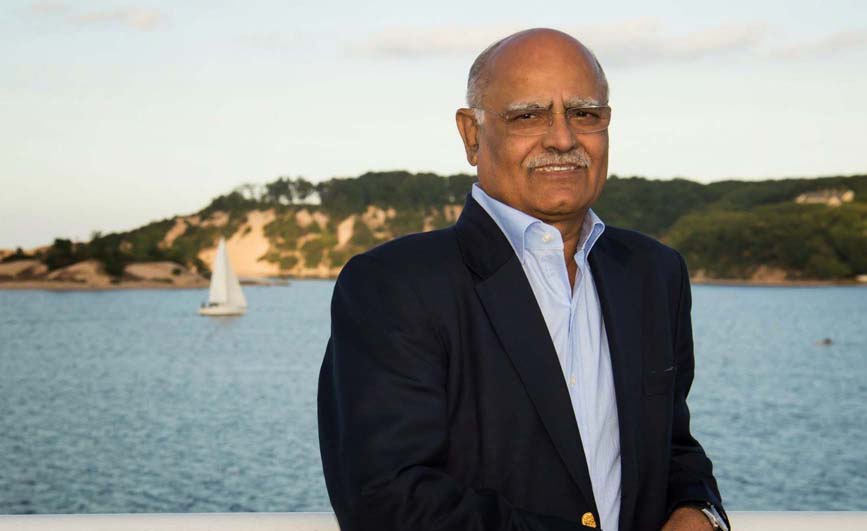 A FEW weeks ago, Lal Kishan Advani made an impassioned plea for bringing the nearly US $ 1.4 trillion ( Rs 50 lakh crore) that rich and/ or corrupt Indians have stashed away abroad. Indians with tonnes of cash have always kept large chunks of it in Swiss banks and in tax havens in tiny isles across Europe.
A FEW weeks ago, Lal Kishan Advani made an impassioned plea for bringing the nearly US $ 1.4 trillion ( Rs 50 lakh crore) that rich and/ or corrupt Indians have stashed away abroad. Indians with tonnes of cash have always kept large chunks of it in Swiss banks and in tax havens in tiny isles across Europe. So why is the BJP’s prime minister in waiting suddenly raking up the issue? His critics say his main fundraisers have promised much but delivered little, which is not surprising considering that it is a cash crunch season. Coming as it did in the run- up to the elections, major political parties are feeling the pinch.
The normally reliable benefactors — top flight industrialists — are struggling to save their bottom lines and have either disappeared or politely folded their hands and expressed helplessness. The other reliable provider — the real estate sector, where the colour of money is mostly black — is in distress and needs a bailout for itself.
A recent study showed that, apart from expenses run up by the Election Commission, political parties will spend close to Rs 4,000 crore while individual candidates will account for thousands of crore more during the 15th Lok Sabha polls. Under existing rules, companies are forbidden from making political donations in excess of five percent of their profits but politicians had always managed to find a way around and extract money in a way that it was not reflected in the balance sheets.
More than a decade ago, one of India’s most trusted business houses had drawn a corpus from all its group companies and created a trust to give political donations to the major political parties. By that yardstick, the Congress and the BJP would have got about Rs 5 crore fr
 om the industrial house.
om the industrial house. That sum isn’t enough to run half a campaign in one constituency. In recent times, the more aggressive players in sunshine sectors like telecom, pharma etc also formally entered the field of political funding. I know of at least two such houses which have set aside Rs 2 lakh each for candidates contesting in areas where their business interests lie. For regional leaders like Jayalalithaa, Deve Gowda, Lalu Prasad or Naveen Patnaik whose parties contest a maximum of 30 seats, Rs 60 lakhs amounts to small change. Election Commission rules put a cap of Rs 25 lakh expenditure per candidate but it is no secret that no serious contender would enter the fray without setting aside at least Rs 10 crore for campaign expenses.
Of late, following sustained pressure from the regional leaders, some of the “ new business” leaders have been loosening their purse strings. One of them explained the logic to me thus.
Whoever forms the next government, allies will demand and get key portfolios like telecom, health, civil aviation, forest and environment, company affairs, steel and mines and others. Instead of doling out small amounts to large numbers of candidates of the national parties, it makes good business sense to splash liberally on lesser number of candidates from the smaller parties.
So while the national parties are scraping the bottom of the barrel to keep their campaigns going, smaller outfits have enough money to contest elections and still have some money to even buy an IPL cricket team. Governments may change, but some parties stay permanently in power. No wonder it is the small parties which are getting big money.

No comments:
Post a Comment